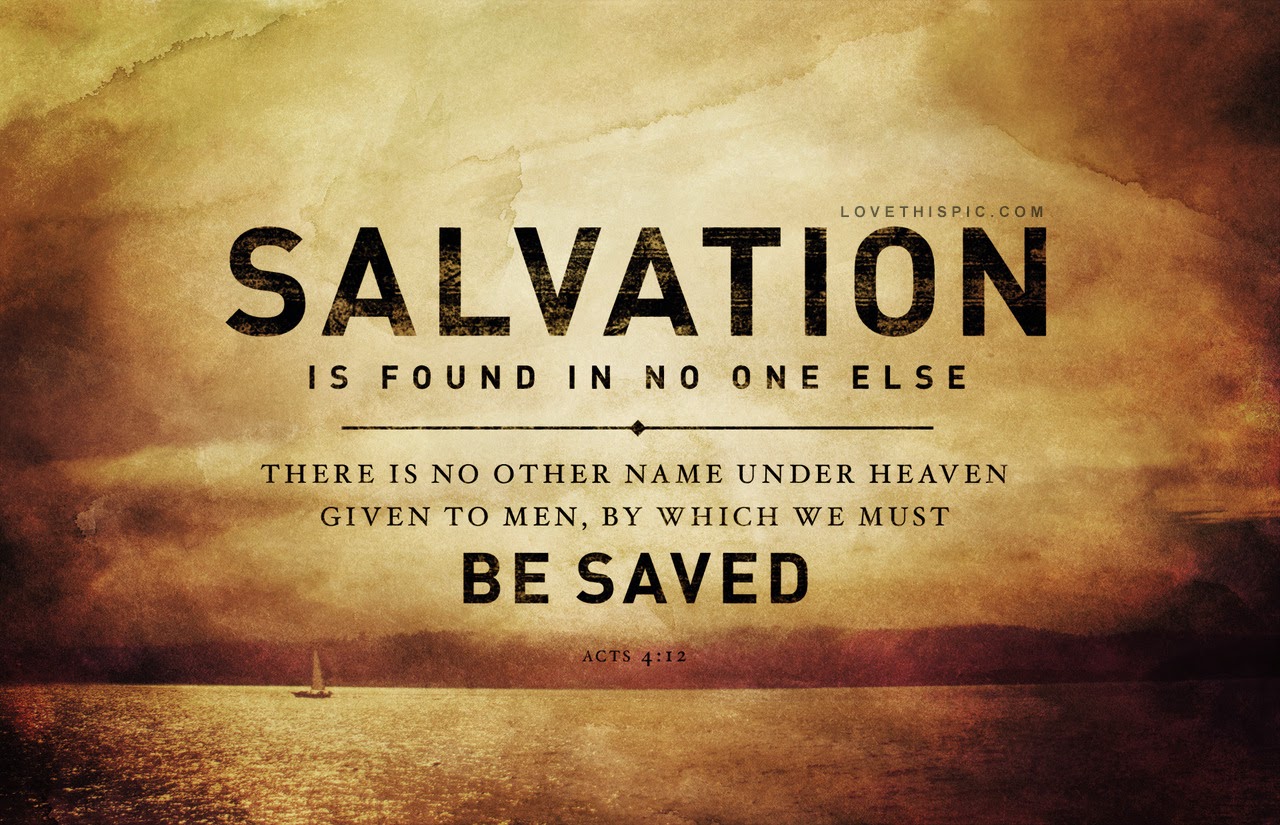Introduction to Salvation
Salvation is a term that often surfaces in religious and philosophical discussions but can sometimes feel abstract or complex. At its core, salvation refers to the act of being saved or protected from harm or a dire situation. In many religious traditions, it is associated with the deliverance of the soul from sin and its consequences. This concept is not only significant in religious texts but also in the way individuals perceive their spiritual journey and ultimate purpose in life. As we step into 2024, understanding the multifaceted nature of salvation can offer us deeper insights into our beliefs and actions.
The Religious Perspective of Salvation
In Christianity, salvation is primarily associated with the belief in Jesus Christ as the savior. It is portrayed as a gift from God, offering eternal life and freedom from sin. This belief is rooted in the teachings of the Bible, particularly the New Testament, where Jesus's life, death, and resurrection are seen as pivotal events for human redemption. Similarly, other religions have their interpretations of salvation. In Islam, for instance, salvation is achieved through submission to Allah and following the teachings of the Prophet Muhammad. Understanding these religious perspectives helps us appreciate the diversity and commonality in how salvation is perceived across different faiths.
Salvation Beyond Religion
While salvation is often linked with religious beliefs, it also holds significance outside traditional religious frameworks. Philosophically, salvation can be seen as the pursuit of truth, enlightenment, or liberation from ignorance. Many people today find a sense of salvation in personal development, mindfulness, and the pursuit of happiness. This broader interpretation allows individuals to explore the concept of salvation in a way that resonates with their personal experiences and values, regardless of religious affiliation. In 2024, this inclusive approach to understanding salvation can foster greater empathy and connection among diverse communities.
Read also:The Newest Dairy Queen Blizzard Of The Month A Sweet Treat You Wont Want To Miss
The Role of Personal Beliefs in Salvation
Personal beliefs play a crucial role in shaping one's understanding of salvation. Whether rooted in religious doctrine or personal philosophy, these beliefs influence how individuals approach their life's purpose and challenges. For some, salvation might mean achieving inner peace or finding fulfillment in their relationships and careers. For others, it might involve a commitment to social justice, environmental stewardship, or other causes that align with their values. By acknowledging the role of personal beliefs, we can appreciate the unique paths individuals take toward their conception of salvation.
Common Misconceptions About Salvation
Despite its importance, salvation is often misunderstood. A common misconception is that it is solely a religious concept, applicable only to those who adhere to specific faiths. However, as discussed, salvation can be a universal concept, relevant to anyone seeking meaning and purpose in life. Another misconception is that salvation is a one-time event, when in fact, it can be a continuous process of growth and transformation. By challenging these misconceptions, we can open up dialogues that make the concept of salvation more accessible and meaningful to a broader audience.
How to Seek Salvation in Daily Life
Seeking salvation doesn't necessarily require grand gestures or profound revelations. Instead, it can be found in the small, everyday actions that align with one's values and beliefs. Practicing kindness, gratitude, and mindfulness can contribute to a sense of salvation by fostering a positive outlook and deeper connection with oneself and others. Engaging in community service, pursuing personal goals, and nurturing relationships are other ways individuals can experience a sense of salvation in their daily lives. These practices remind us that salvation is not just an end goal but a journey of continuous self-improvement and connection.
The Impact of Community on Salvation
Community plays a significant role in shaping and supporting one's journey toward salvation. Being part of a community provides individuals with a sense of belonging and shared purpose, which can be crucial in times of doubt or struggle. Through communal worship, shared rituals, or collaborative projects, individuals can find strength and inspiration in the collective pursuit of salvation. In 2024, as we navigate a world that is increasingly interconnected yet divided, the power of community in fostering a sense of salvation cannot be overstated.
The Future of Salvation in a Digital Age
As we move further into the digital age, the concept of salvation is evolving. Online platforms have created new spaces for spiritual exploration and connection, offering virtual communities and digital resources for those seeking guidance. While technology can sometimes be seen as a barrier to genuine connection, it also offers unprecedented opportunities for individuals to explore and share their journeys toward salvation. In 2024, embracing these digital tools can help us reimagine what salvation means in a modern context, making it more accessible to people around the world.
Conclusion: Salvation as a Personal and Universal Journey
In conclusion, salvation is a multifaceted concept that holds deep meaning both personally and universally. Whether viewed through a religious lens or a personal one, it offers a framework for understanding our place in the world and our relationships with others. In 2024, as we continue to explore and redefine what salvation means to us, we can find comfort in the idea that it is a journey rather than a destination. By embracing the diversity of beliefs and experiences that shape our understanding of salvation, we can create a more inclusive and compassionate world for all.
Read also:A Look Into The Bond Between Kim Porter And Tupac


